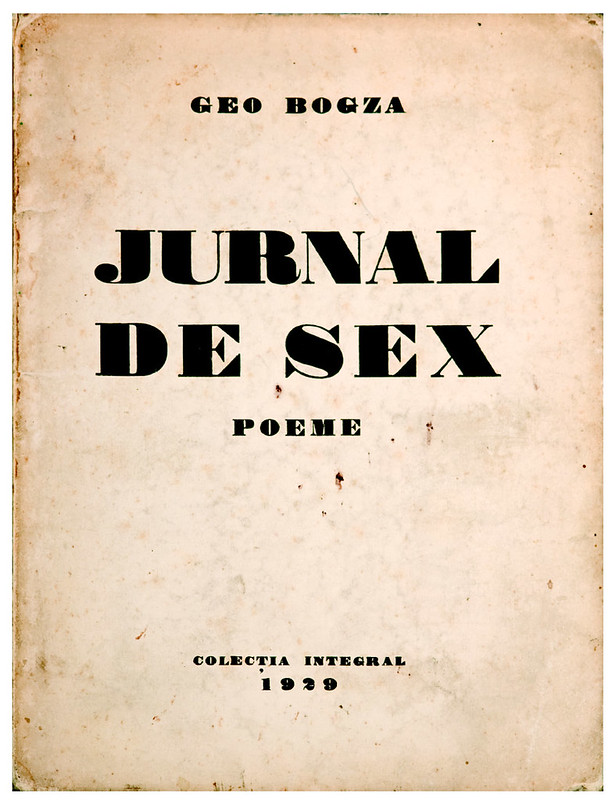
We’ve been keeping track of retracted coronavirus papers, but what about corrections? Here’s a guest post from Richard Jones of Cardiff University about a paper that earned widespread media coverage but turned out to be wrong.
According to our best knowledge, this is the first report on COVID-19 infection and death among medical personnel in a Forensic Medicine unit.
So ended a letter from Thailand to the Journal of Forensic and Legal Medicine, accepted on 9th April 2020 within 3 days of receipt, and published as an ubiquitous “Pre-Proof.”
The authors of that letter stated that there had been only two COVID-19 patients amongst medical personnel in Thailand at that time, one of whom was a “forensic medicine professional” working in Bangkok.
Continue reading What it takes to correct the record: Autopsy of a COVID-19 corrigendum

